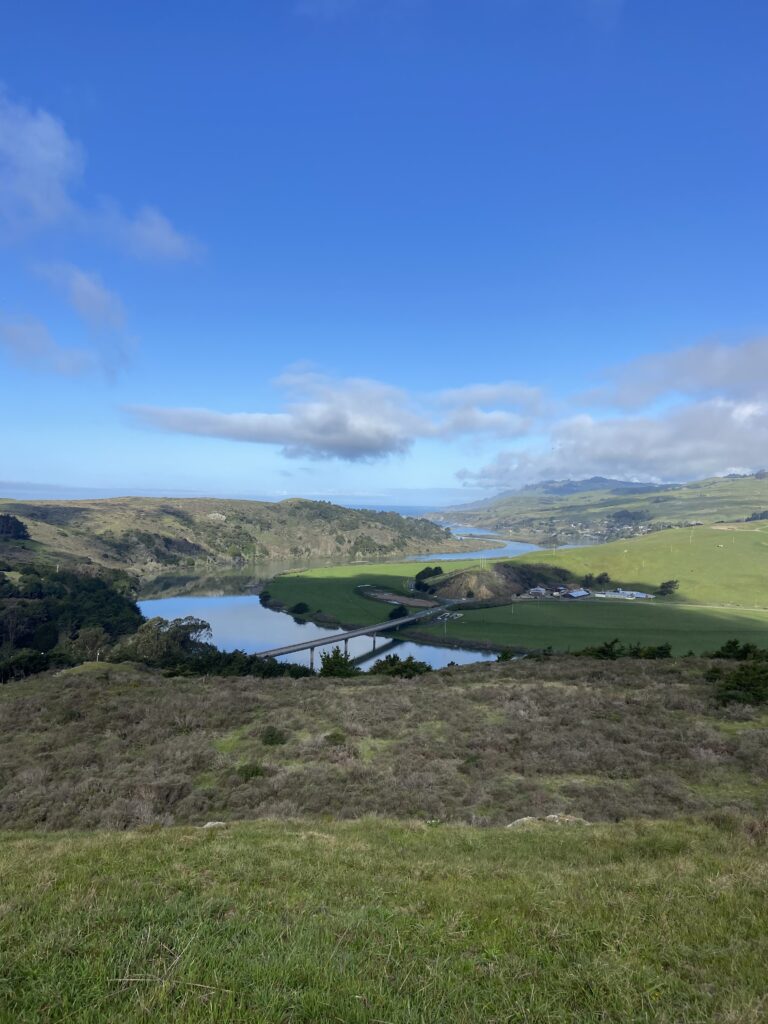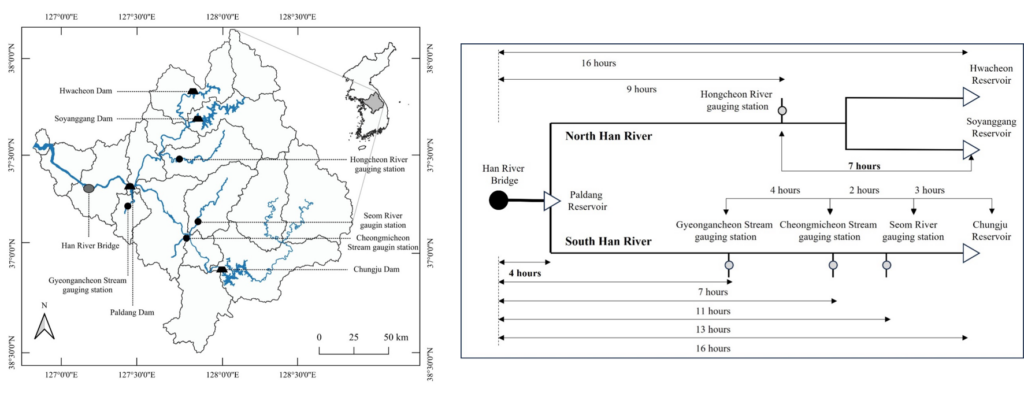Several current and former members of the Carlson Lab group recently published a paper, Anatomy of a range contraction: Flow–phenology mismatches threaten salmonid fishes near their trailing edge, that shows the effects of an extreme hydroclimatic event on salmon and steelhead populations in streams along the North Coast of California. Extremely late rains and low flows during the winter of 2013/14 blocked access to critical breeding and rearing habitats for Chinook salmon, coho salmon, and steelhead trout. This “flow-phenology mismatch” delayed the timing and reduced the range of spawning for all three species and in some cases resulted in cohort failure. The study demonstrates how the timing of particular storms can play an outsized role in determining which migratory fish species are able to access their upriver breeding grounds and persist. It also highlights the value of long-term monitoring programs and partnerships that allow us to identify the broader impacts of these types of events. You can read more about this work in these news stories: UC Berkeley news story, SF Gate article, Courthouse news article.




